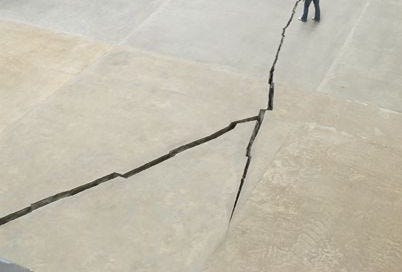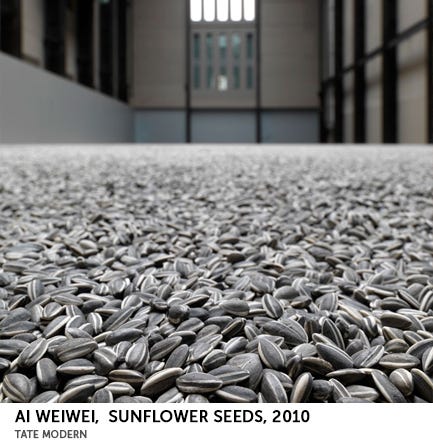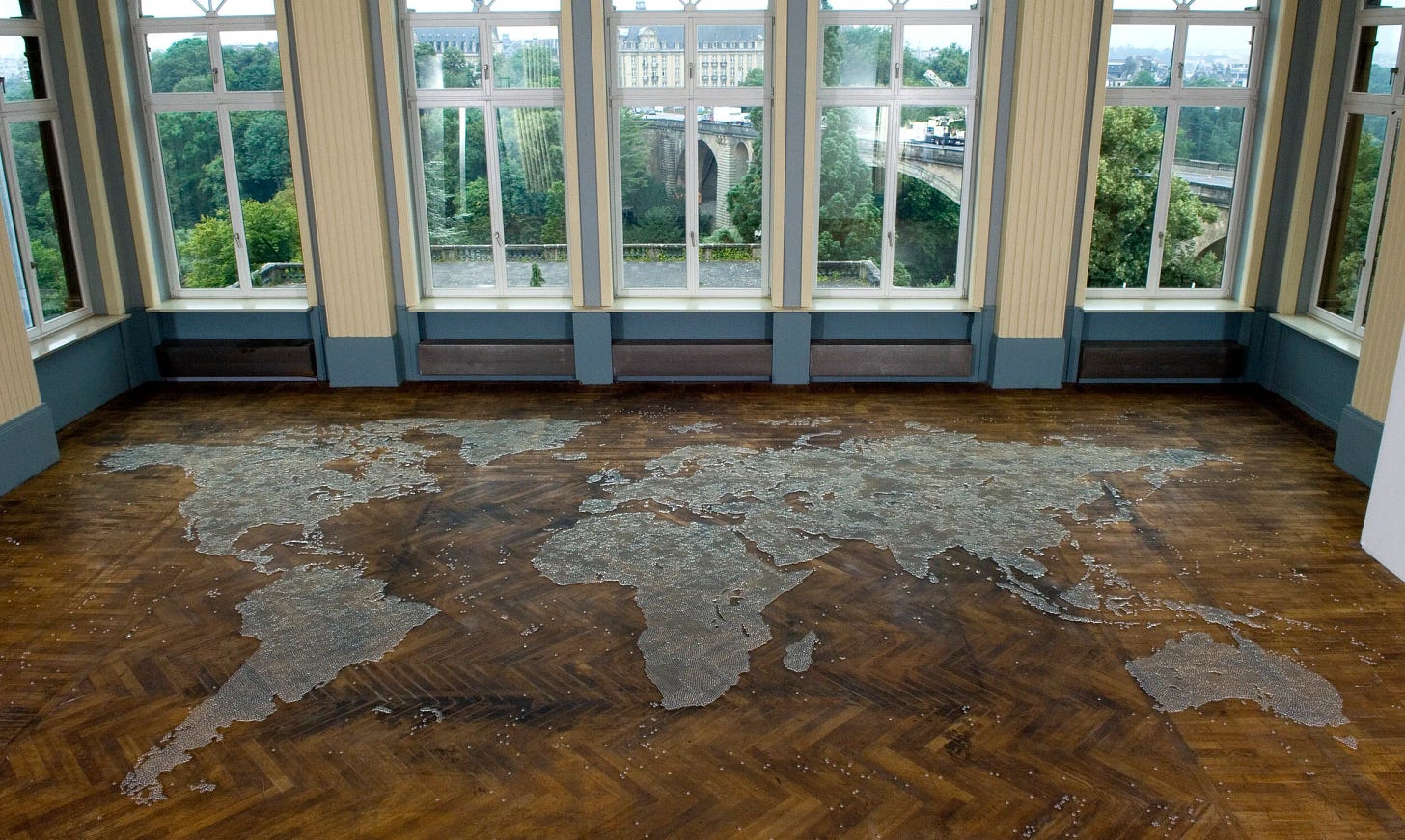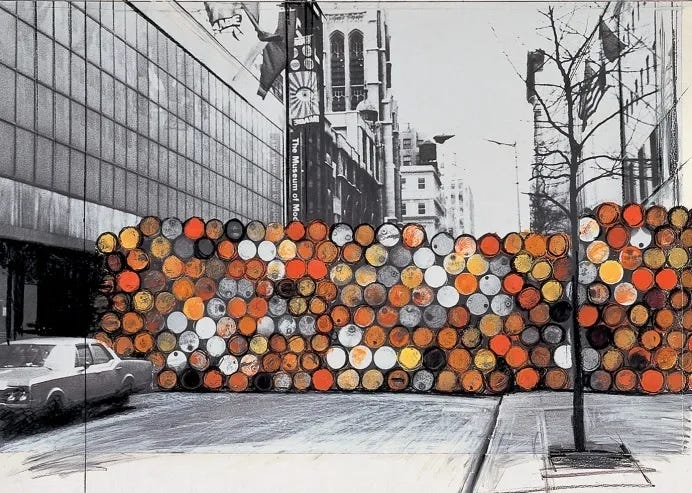Born Lucky? Why 60% of Your Wealth Was Determined at Birth
On Citizenship, Mobility, and the Paradoxes of Modern Border Regimes
Between 50 and 60 percent of your lifetime income was determined the moment you took your first breath. Add parental income to the equation, and that number jumps to 80 percent. Not by your intelligence, work ethic, or talent—but by the geographic coordinates of your birth and the household you entered. So much for meritocracy.
This isn't populist hyperbole. It's the conclusion of economist Branko Milanović after decades studying global income distribution. The arbitrary fact of being born in the United States rather than Mexico, France rather than Algeria, or Japan rather than the Philippines creates an economic advantage that dwarfs almost anything an individual might achieve through personal merit.
These gaps have widened dramatically over time. In 1820, the income difference between the richest countries (England and the Netherlands) and the poorest (China and Ceylon) was merely 3 to 1. Today, the gap between the United States and the Democratic Republic of Congo exceeds 150 to 1.
Milanović quantifies the "citizenship premium" precisely: being born American provides a 355% income advantage over being born in Congo, while even being born in Yemen still confers a 32% advantage.
The "citizenship premium," (and opposite citizenship penalty) functions as the most consequential form of unearned advantage in our world today. Yet we rarely acknowledge it, let alone question its legitimacy.
I remember a French politician saying, "The right wants everyone on the same starting line, and the left wants everyone on the same finish line." The reality? There is no same starting line—some begin the race of life a mile from the finish while others start with insurmountable obstacles in their path.
Birth as Economic Destiny
When economists control for education, skills, experience, and nearly every other factor, they still find that simply becoming an American citizen increases a person's wages by at least 5% (and by 8.9% in major cities).
Citizenship isn't just a legal status—it's a financial asset that generates returns through access to better jobs, lower borrowing costs, and greater stability during economic downturns.
The premium becomes even more stark when comparing across borders. Studies show wage ratios of 4:1 to 6:1 between American and Mexican workers in similar occupations with comparable skills. When adjusted for purchasing power parity, per capita income in the United States is approximately 3-4 times higher than in Mexico. Over a lifetime, these differences compound into substantial divergence in economic opportunity based primarily on birth location.
This reality creates a profound contradiction in our thinking about merit and fairness. We champion equality of opportunity within our borders while accepting radical inequality of opportunity between them. We celebrate individual agency while ignoring how birth location constrains it.
This perspective illuminates why debates about birthright citizenship have become so intensely contested. When citizenship represents a multi-million dollar lifetime premium, controlling access to it becomes a high-stakes proposition. Current political movements to restrict or eliminate birthright citizenship take on new meaning when viewed through Milanović's lens—they represent attempts to restrict access to what is essentially an unearned economic windfall, or - as Milanovic puts it, “a ‘rent’ that a person receives if he or she happens to be born in a rich country, or, if we use the terminology introduced by John Roemer, an ‘exogenous circumstance’ which is independent from any one individual’s effort and episodic luck”.
The citizenship premium insight transforms these debates from abstract discussions about national identity into concrete questions about global economic justice. If citizenship functions as the most valuable economic asset most people will ever receive, should it be distributed purely through the lottery of birth?
Recently, Trump proposed selling a "gold card" that would grant U.S. residency and a path to citizenship for $5 million. "We're going to be selling a gold card," Trump said. "That's going to give you green card privileges, plus it's going to be a route to citizenship." This proposal perfectly illustrates Milanović's point—citizenship becomes an explicit commodity, available to those who already possess the wealth that citizenship itself typically confers.
This economic reality shapes migration patterns in ways that advanced economies then attempt to manage through increasingly sophisticated border regimes.
The Artificial Divide
"We didn't cross the border, the border crossed us."
Gloria Anzaldúa's observation about the U.S.-Mexico border points to an uncomfortable truth: most borders aren't natural features but relatively recent political creations. The boundary cutting through what was once a continuous cultural region emerged from the 1848 Treaty of Guadalupe Hidalgo—a document signed after military conquest, not mutual agreement.
Anzaldúa describes this border as "una herida abierta" (an open wound) where "the Third World grates against the first and bleeds." Her work details how political boundaries severed organic communities. She writes about the impact on families and communities in the borderlands, describing the divided nature of border existence and the painful separations created by enforcement regimes.
Her account illustrates how borders disrupt what she calls "El otro México" (the other Mexico)—a cultural region where people share language, traditions, food, and customs yet find themselves separated by political boundaries.
Anzaldúa builds on the Nahuatl concept of "nepantla"—a state of in-betweenness—to describe the psychological and spiritual condition of those who inhabit borderlands. For her, nepantla represents both the disorientation of living between cultures and the creative potential of this liminal space. The border becomes not just a physical reality but a metaphorical representation of nepantla, where identities are both fragmented and reconstructed. The metaphor of an open wound captures how borders often cut through living social tissue rather than following natural divisions.
This arbitrariness isn't unique to North America. The ruler-straight lines dissecting Africa were drawn by European diplomats who had never visited the continent. The Durand Line separating Afghanistan and Pakistan was sketched by a British administrator in 1893, carelessly dividing the Pashtun people. India and Pakistan's border was hastily drawn in five weeks by a British lawyer who had never been to the region.
The paradox is that these arbitrary lines, products of historical contingency and power politics, now determine economic destinies with the force of predetermined fate. Two children born just miles apart across such borders will experience radically different life chances based not on ability but on which side of the line they happened to enter the world. So much for meritocracy.
The Border Paradox
French philosopher Étienne Balibar offers a more nuanced understanding of modern borders than our typical mental image allows. For Balibar, borders are "polysemic"—carrying multiple meanings simultaneously and functioning differently depending on who encounters them. Crucially, he argues that borders don't simply demarcate pre-existing territories or communities but actively construct and produce them. The border becomes a site of production rather than merely a line of division, creating both the inside and outside it attempts to separate.
Balibar's claim that "the border is everywhere" challenges conventional understandings of borders as fixed lines at the peripheries of territories. Instead, borders operate through visa systems, airport security, financial regulations, digital surveillance, and countless everyday practices that determine belonging. This ubiquity means borders are experienced radically differently depending on one's position within social hierarchies—for some, they have effectively disappeared, while for others, they remain rigid obstacles.
This creates what he describes as a democratic paradox—a situation where democratic nations depend on exclusionary border regimes that aren't themselves subject to democratic principles. The people most affected by border decisions typically have no voice in making them.
The Ethics of Exclusion
How do societies reconcile restrictive border policies with their self-perception as just and humane? This is where scholar Bastian Vollmer's concept of the "moralization of borders" becomes illuminating.
Border enforcement rarely presents itself as protecting economic advantage - or citizenship premium. Instead, it gets framed through ethical narratives about security, cultural preservation, or national identity. Exclusionary practices transform into moral imperatives through subtle linguistic and conceptual shifts.
Discussions of migration often employ metaphors of natural disasters—"floods" of migrants, "waves" of refugees, "storms" approaching borders. Trump has perfected this rhetorical strategy, describing immigrants as an "invasion" and claiming they're "poisoning the blood of our country." This naturalistic and contamination language suggests borders are merely defending against impersonal forces or contaminants rather than excluding individual humans seeking better lives.
Vollmer identifies what he calls "compassionate repression"—where humanitarian rhetoric masks fundamentally exclusionary practices. Border agencies emphasize rescue operations while implementing policies that make dangerous crossings more likely. Officials express concern for migrant welfare while creating conditions that undermine it.
This moral theater allows societies to maintain economically advantageous border regimes while preserving their ethical self-image. It's a sophisticated form of cognitive dissonance that reconciles exclusive privilege with inclusive values.
The Selective Membrane
Perhaps the most revealing contradiction of contemporary border regimes is their selective permeability. We've created borders that are increasingly open for some things and increasingly closed for others:
Capital flows across borders at the speed of light,
Information travels globally without meaningful restriction,
Goods move through increasingly friction-free supply chains,
Wealthy individuals enjoy unprecedented global mobility.
Yet for most humans, borders have hardened. Visa requirements have intensified, biometric surveillance has expanded, and physical barriers have multiplied. Legal pathways for migration, especially for those without wealth or advanced degrees, have narrowed.
This selective permeability reveals that borders aren't simply about territorial sovereignty but about maintaining particular distributions of advantage in a world where resources are perceived as limited. They're less about keeping territories separate than about managing who gets access to what.
This connects to what I've previously described as "finitude capitalism" (Arnaud Orain)—a system that responds to perceived resource constraints not by transforming production or distribution but by intensifying exclusion. When the economic pie is seen as fixed, controlling who gets to eat becomes paramount.
The paradox becomes even more apparent in recent political developments. The same administration that sought to build walls and restrict migration also expressed interest in territorial expansion—exploring the purchase of Greenland, suggesting the acquisition of Canada's, and reviving discussions about annexing Panama's canal. These contradictory impulses reveal a tension: expanding external borders to acquire resources while fortifying internal boundaries to restrict who can access them.
Beyond Binary Thinking
A border is never just a line on a map. It's a complex system of power that:
Emerges from specific historical circumstances rather than natural divisions,
Creates economic disparities through the citizenship premium,
Functions differently depending on one's position in global hierarchies,
Operates through both physical barriers and invisible classifications,
Becomes moralized to disguise its role in preserving advantage.
Borders don't just limit movement—they produce categories that shape how we understand belonging. Terms like "citizen," "migrant," and "illegal" aren't natural classifications but political constructions that determine whose presence requires justification and whose is taken for granted.
The challenge isn't necessarily to advocate for a borderless world (which raises its own complex questions) but to recognize borders for what they are: human constructions reflecting particular power arrangements rather than natural or inevitable divisions.
In a world where birth location increasingly determines economic destiny more powerfully than individual agency can overcome, questioning these arrangements becomes an essential project—not just for those excluded by borders but for anyone concerned with building systems where opportunity doesn't depend quite so heavily on the accident of birth.








